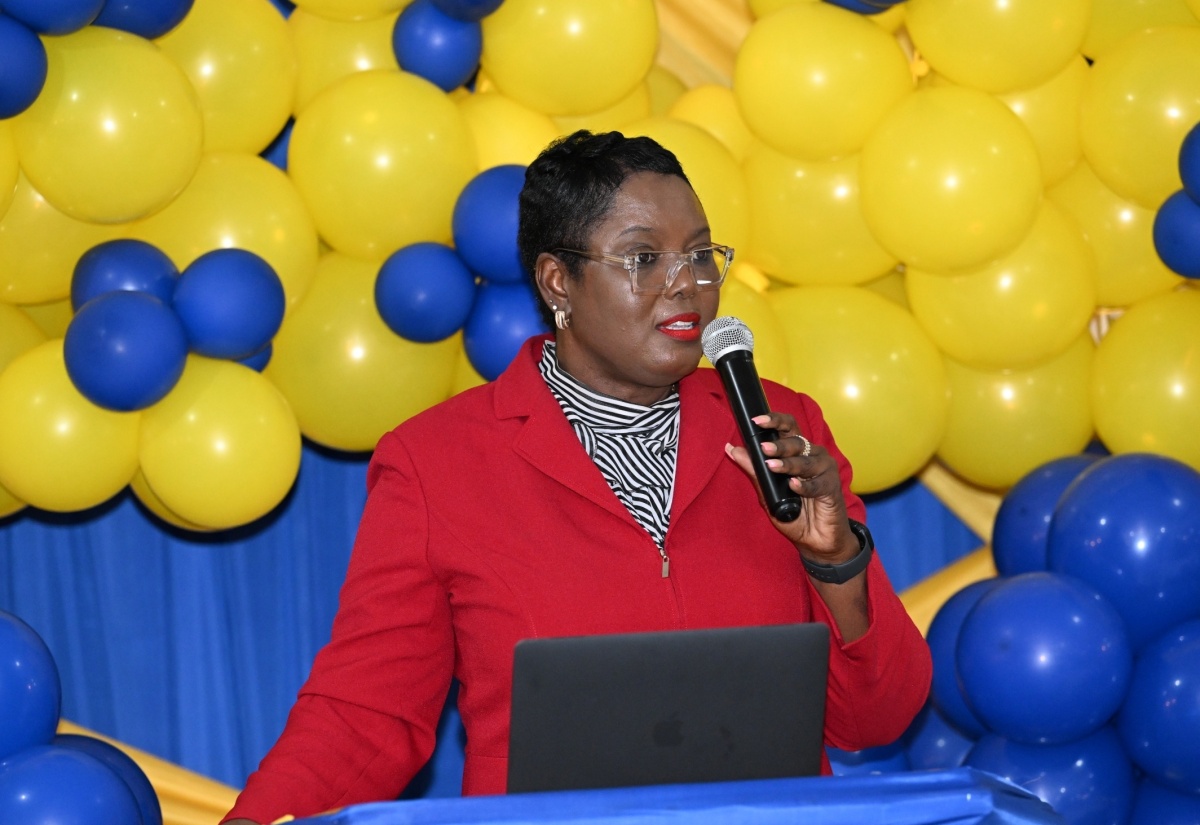The Ministry of Education and Youth will roll out the Character Education programme across Region 3 – St. Ann and Trelawny – in the 2024/25 school year.
The aim is to instil core values and ethical principles in students across primary and secondary schools, says Acting Chief Education Officer, Terry-Ann Thomas Gayle, who was addressing Region 3 Back to School Conference 2024, at Holiday Haven in Runaway Bay, St. Ann, on July 23.
Character Education is an approach that focuses on cultivating ethical, social, and emotional competencies in students. The goal is to raise children to become morally responsible and self-disciplined citizens.
Mrs. Thomas Gayle indicated that this programme will be integrated alongside the existing Civics curriculum, which is already being implemented in Region 3.
She added that there will be tailored approaches with primary schools to focus on foundational principles of character development, while secondary schools will align their curriculum with Jamaica’s specific economic needs.
“Will your students be able to get jobs based on what your economy is demanding? So, start looking on the needs of Jamaica. Where are we going?” Mrs. Thomas Gayle said.
In addition to Character Education, the Ministry is reintroducing the National School Leaving Certificate (NSLC).
This standardised certification will provide a comprehensive assessment of a student’s achievements over their seven years of high-school education.
Mrs. Thomas Gayle pointed out that there is a lack of a standardised school-leaving certificate in Jamaica and the NSLC will serve as a valuable credential for students entering the workforce or pursuing further education.
This year’s conference was held under the theme ‘Shaping the Future: STEM/STEAM and the Transformation Agenda’, with presentations on the challenges of STEM/STEAM and tools to help circumvent those barriers.
In attendance were principals, vice principals, school board chairpersons, senior teachers and others from both public and private schools from across Region 3.
Mrs. Thomas Gayle urged principals to adopt a more hands-on approach in the leadership of their institutions in the new school year.
She encouraged them to take an active role in curriculum implementation, spending more time in classrooms and engaging directly with students and teachers.
This increased presence, she argued, would allow principals to better monitor teaching practices and address student-behaviour issues more effectively.



